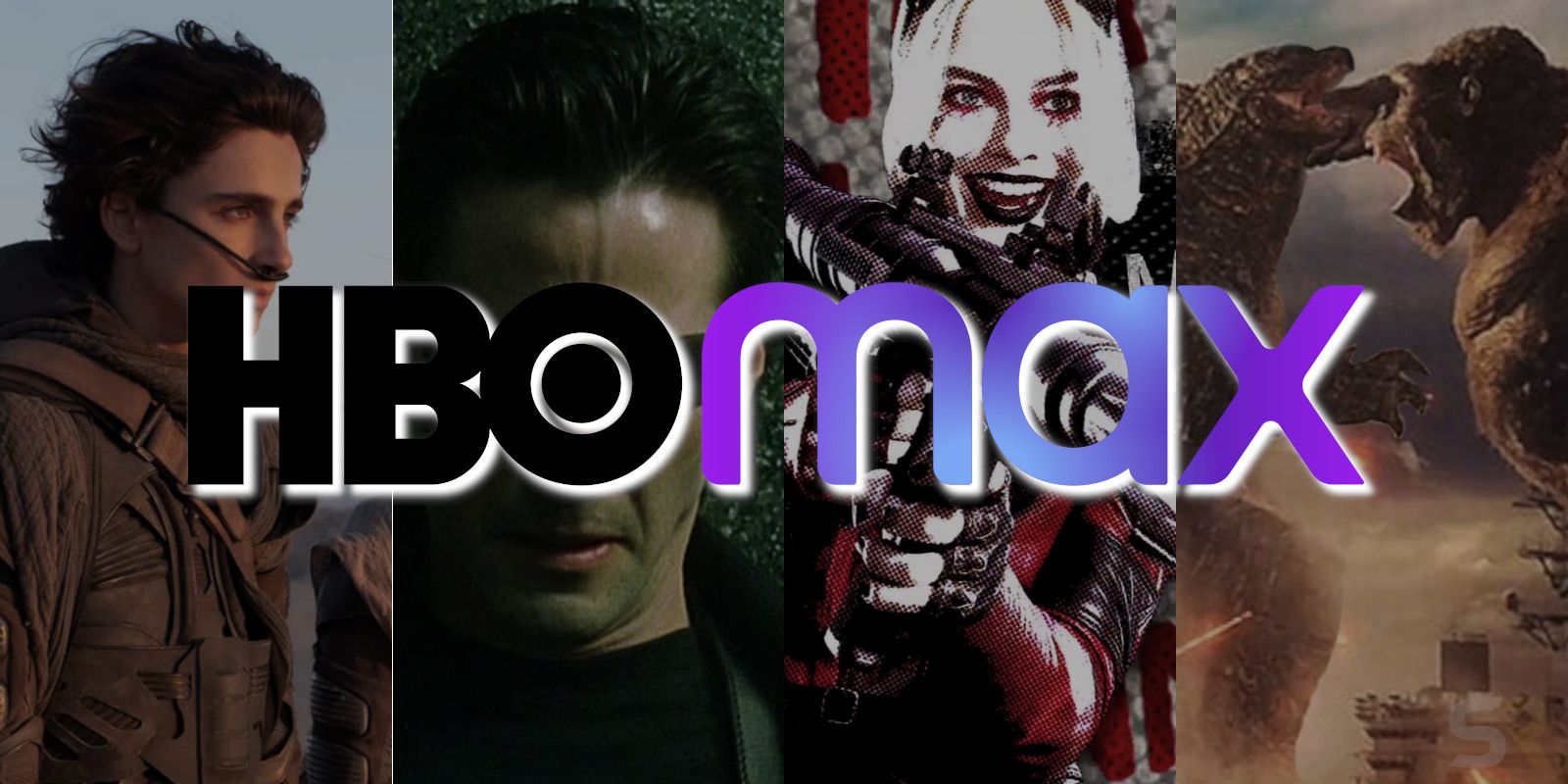
Denis Villeneuve's epic adaptation of Dune will finally make its way to audiences this fall, and despite the director's issues with Warner Bros' HBO Max distribution arrangement, this is the best option for the sci-fi blockbuster — because the pandemic still looms large over this project's legacy. Frank Herbert's famously dense science fiction classic has been brought from novel to film before (most infamously, David Lynch's Dune in 1984), but contemporary sci-fi stalwart Villeneuve decided the time was right to helm a remake circa 2016. After cutting his teeth on similar large-scale endeavors like Arrival and Blade Runner 2049, Villeneuve and company threw everything they had into a much-maligned production of equally tricky source material, eventually opting to tackle the novel in two halves. But an already complicated project was soon thrown another curveball: the coronavirus pandemic.
As theaters closed their doors en masse during the early stages of the COVID-19 pandemic in 2020, studios and distributors had to make drastic decisions to help navigate devastating circumstances for the film industry. One such decision came from Warner Bros. who, after piloting a simultaneous release model with Wonder Woman 1984, decided that WB's 2021 release slate would arrive on HBO Max the same day as in theaters. With Dune already delayed to 2021 as a result of the pandemic, the news irked Villeneuve among others, who felt their films' moviegoing experience and box office figures would be irreparably damaged by the unusual distribution method. Indeed, Villeneuve's Dune looks to be designed for the theatre experience— something Denis specifically cited in an interview with Total Film, saying, "It’s a movie that has been made as a tribute to the big-screen experience." But his comments in the interview ignore an unfortunate reality of the pandemic era.
Much has been made of finding a sense of normalcy during these unprecedented, ongoing times. For some, seeking "normalcy" is a key part of the desire to return to theaters. But for others, venturing into crowded social situations still poses a real and dangerous health risk. Studios, meanwhile, still have material to release and overheads to dent, and after months of delaying already-delayed projects, the deal between Warners and HBO Max seemed as good a compromise as the two sides could hope for. Folks who prefer the theatrical experience would be given the chance to participate in that way, at their own risk. And folks who feel uncomfortable with that option, for one reason or another, had the stay-at-home option available to them. Certainly, it's not traditional, nor does it satisfy filmmakers' desire to preserve the rich communal phenomenon of moviegoing — or the ability to leverage cutting-edge audiovisual technology to films' advantage — but in this day and age, sacrifices are being made left and right. At least this compromise is relatively benign in the grand scheme of things.

This sentiment does not, however, erase Villeneuve's case outright. Dune is an epic in every sense of the word. It boasts an all-star cast, headlined by Timothée Chalamet, Zendaya, and Oscar Isaac. The visual effects appear massive in the trailer, rendered in immersive photorealism by DP Greig Fraser's (Rogue One) cinematography. Eric Roth co-wrote this adaptation — himself no stranger to adapting large, sprawling narrative for the screen, having done so with the American epic and 1994 Best Picture winner Forrest Gump. The IP has an extensive genealogy, explored in-depth by Movies With Mikey on his eponymous YouTube show. To engage with this behemoth in any manner short of the theatrical feels, understandably, insufficient. As Denis said in the aforementioned interview, "Frankly, to watch Dune on a television, the best way I can compare it is to drive a speedboat in your bathtub. For me, it’s ridiculous."
Perhaps Villeneuve suspects Warner Bros. motivations to release Dune in such a manner aren't entirely out of concern for public health. If the studio has a bomb on its hands, WB may try to liquidate it quickly and/or quietly to cut its losses — and it's possible it could believe Dune to be such a bomb. After all, the 1984 version famously flopped, and Denis' previous outing Blade Runner 2049 failed to recoup its budget at the box office, despite its critical brilliance. Whatever the reason, Villeneuve will continue to lament the fate of Dune, as moviegoers everywhere lament the compromises in their own lives during these tumultuous times.
from ScreenRant - Feed https://ift.tt/3j3SZ0W

0 Comments